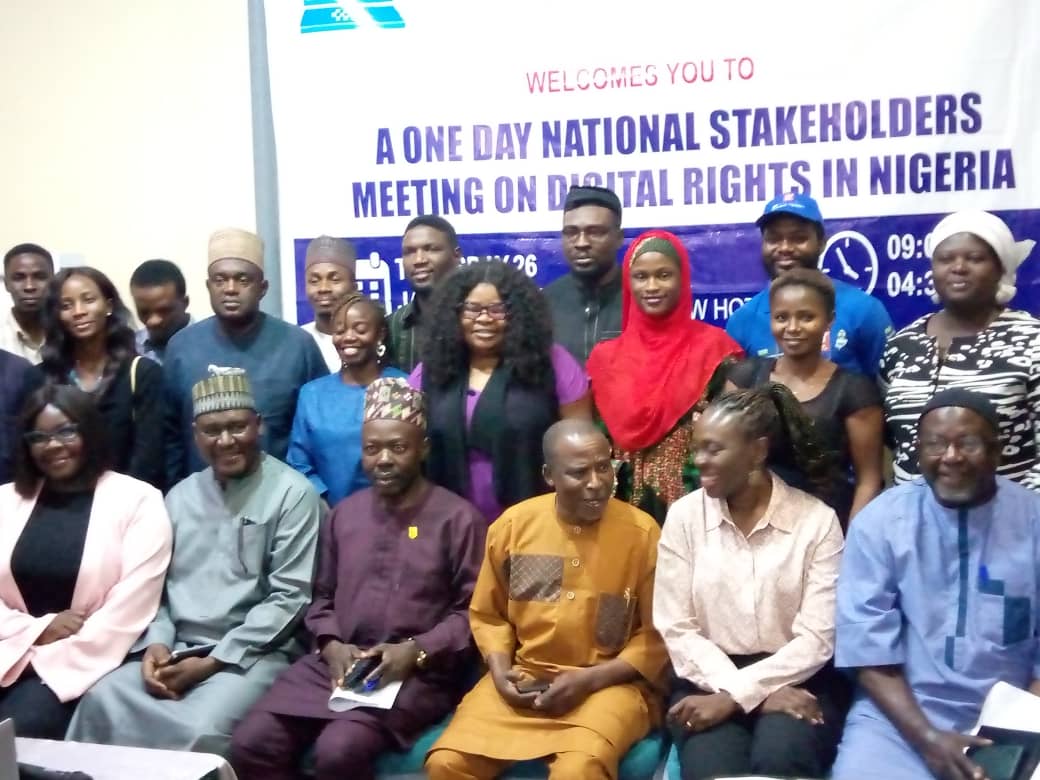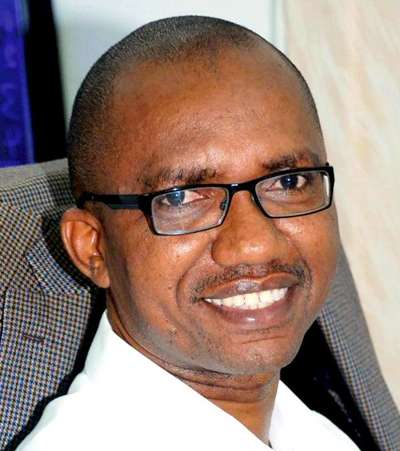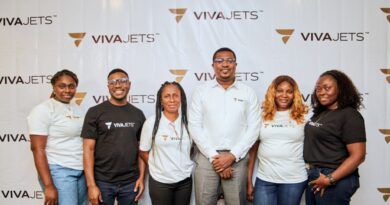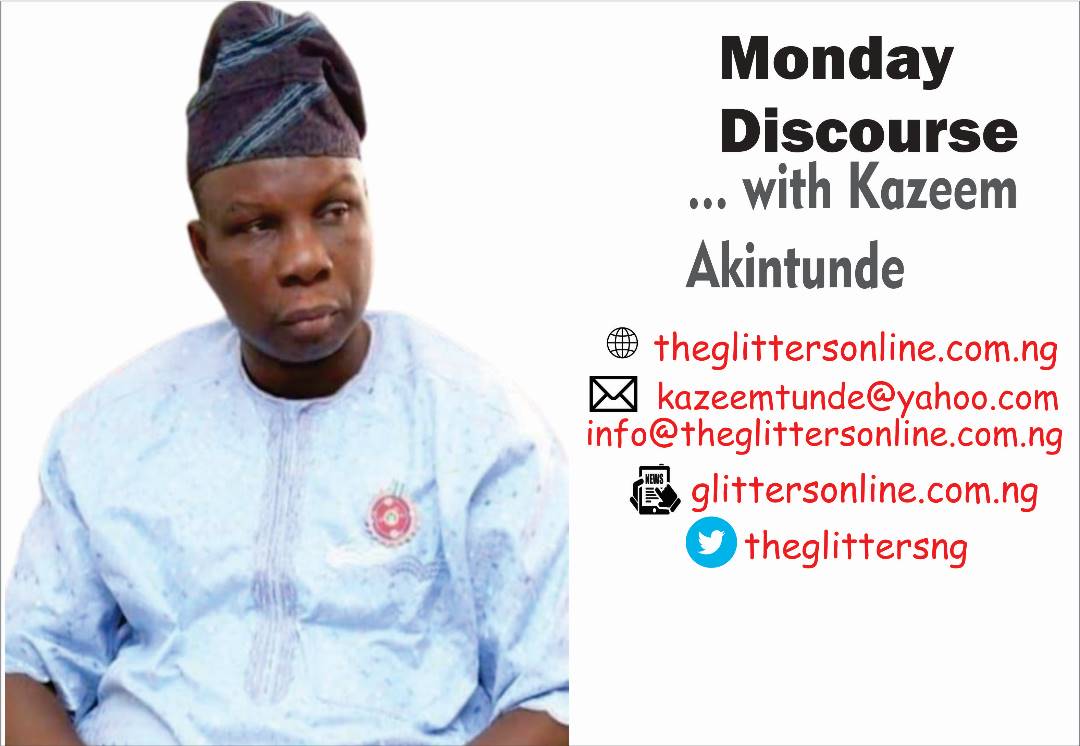Stakeholders advocate reintroduction, assent to Digital Rights Bill
By Chimezie Godfrey
Stakeholders have called for the reintroduction and assent to the Digital Rights and Freedom Bill by the National Assembly and the President.
At a One-Day National Stakeholders Meeting on Digital Rights in Nigeria, organized by the Centre for Information Technology and Development (CITAD), to discuss on the ways to speed off the assent of the Digital Rights and Freedom Bill by the president; Galvanize voices who will advocate for the assent of the Digital Rights and Freedom Bill in the country; and Enlighten the stakeholders about the importance and the need for the Digital Rights in the country
The stakeholders stressed the need for all stakeholders to rally round the National Assembly to get the Bill passed and proceed to the next stage of getting the President to assent to it.
Recall that the Digital Rights and Freedom Bill was the Digital Rights and Freedom Bill was passed by the National Assembly in 2018. However, in early 2019, the president declined assent and since the National Assembly did not override the President, the Bill failed. Moreover, following more consultation, a revised version of the Bill was reintroduced at the National Assembly. This bill is still pending and needs to be passed.
The stakeholders noted that the National Assembly has shown commitment to the idea of digital rights by reintroducing the Bill and therefore acknowledged their effort.
The Country Director, Advocates Sans Frontieres France, Angela Uzoma-Iwuchukwu who noted that technology is evolving and affecting the everyday lives of Nigerians in a very in unique way, stressed the need for the human rights community to adapt to the evolving context of digital technologies.
Uzoma-Iwuchukwu who stressed the need for the country to have a template to govern its digital space, however explained that digital rights does not introduce a new set of right but an extension or transfer of the fundamental human rights to the digital space.
She said,”Right now most of what we do is done online, so, we are seeing that the technology is affecting our everyday lives in a very unique way, in a way that was not envisaged at the time of the process of the Universal Declaration of Human Rights. Now, when we talk about digital rights, we’re not essentially that a new regime of rights has been created. No what we’re saying is that those rights that have been for over time including our constitution, now have been entrenched and safeguard in our constitution should also be respected in the digital space.
“So as we’re having technologies coming out, we are now trying to find ways in the human rights community to adapt to the evolving context of digital technologies.
“So this is one of the reasons why having a digital rights view which of course, we are looking at translating into a digital rights in Nigeria is essential, because now we have unique platforms, that those rights which traditionally have been recognized, have to be adapted in specific contexts.
“For example, we’re talking about data protection, protection of online users, the data that we all use, and we’re also talking about issues of freedom of expression. But in this context, we’re looking at freedom of expression online. We’re looking at our rights to association. Communities have moved from offline communities. We used to talk about engagement at the grassroot level, but right now we’re also talking about online engagement and online communities. So how do we ensure that all this rights that are traditionally protected in the context of online are also respected online?
Uzoma-Iwuchukwu further said that there is also need for accountability in the case of violations of the rights of Nigerians in the digital context, adding that it is the duty of the government to deliver to the citizens a legal framework that will ensure a demand for and respect of this right.
“And most importantly, how do we ensure that when there are violations of this right in the online and digital context, that they are also able to enforce those rights and there is accountability.
“Let’s also have our mind to the fact that violation in the digital context affect different groups differently. It’s mostly fear for certain groups and we look at issues of inclusion.
“We now know that all this is happening in the online space and what is the role of the Nigerian government as the duty bearer for respect and enjoyment of our human rights in all of this conversation? The very first step of course will be the duty, the obligation to deliver to us a legislation and a legal framework with which we can relate to ensure a demand for respect of this right.
“This is our life right now. is affecting our education, is affecting businesses, engagement, including civic engagement, which is obviously for with elections coming up, we see just how elections, not just in Nigeria is sweeping all across the world, but even particularly in our context.
“We’re seeing that the engagement there’s not a single presidential aspirant that does not have a Twitter account. It means you’re not ready for the elections. You’re going to speak to us on Twitter, as much as whatever you want to do offline for even those that are not coming for debate, they are tweeting. I don’t know, you’re observed that they are tweeting because you must engage also online. So this is how important it is. For those of us that are digital rights champions, we must also brace up, the contest is going to change again and again,” she said.
Speaking on role of the media in advancing the digital rights of Nigerian citizens, the Publisher/Editor-in-Chief of Newsdiaryonline, Mr Danlami Mmodu, mni, stressed that the media has the responsibility to do reports, features, analysis and intensify social media campaign to draw the attention of relevant authorities.
Other role of the media which he mentioned include, investigations, advocacy for vulnerable groups, anchors, road shows and lobbying of lawmakers to gain their support in the effort to get the bill reintroduced and assented to.
The Media Expert who lamented the devasting impact of cyber attacks, especially the most recent one attack witnessed by Newsdiaryonline advised victims of cyber attacks to share their experiences or plight with one another to serve as a precaution to others who are yet to fall victim.
“Newsdiaryonline has been in existence over the past 13 years, the recent attack on our website was devastating as everything we have published over the past 13 years got deleted.
During the panel discussions on how to push for the Digital Rights and Freedom Bill, stakeholders noted that without human rights there cannot be digital right. They pointed out that the media has a key role to play, adding they the media is the major source and tool for the advocacy.
They therefore stressed that the media should be a player and push for the the bill to be passed, including civil society organizations, among other stakeholders.
One of the panelists, Dr Abdul Hamidu of Ahmad Bello University, Zaria, noted that the issues of inclusion and accountability can not be separated from the advocacy for the digital rights and freedom bill, while also calling that the vulnerable groups such as women, children and Persons With Disability should also be considered.
“The issues of of inclusion and accountability, these two can not separated apart. We should talk about vulnerable groups, women, children, among others. I understand that we are running a patriachal society, and this is tampering with the digital rights of the vulnerable groups,” he said.
On how to address the rural concern about digital right abuse, Eseyin Johnson of the FANTSUAM Foundation who noted that the Digital Rights and Freedom Bill is about human right and the right to life, lamented that the government do not really want the bill. He therefore appealed to the media to help in advancing the advocacy.
He said,”One thing we should have in our minds is that the government really don’t want us to have the bill. This bill guarantees right to life. I think physical meeting have reduced, where is the life now, it is in the internet. It is the media now that will help us because they know how to pass the message.”
Olanrewaju Oyedeji, Dataphyte Reporter, emphasised the need for stakeholders to continued to call out the government, adding that in some cases, the government are the sponsors of fake news themselves.
“We need to be calling out the government because in most cases the government are the sponsors of fake news themselves. We need to go beyond the issue of creating infrastructure but interrogate what the issue of what the government have or how funds meant for infrastructures have been used,” he said.
CITAD is a non-governmental and non-profit organization that is committed to the use of information and communication technologies for development and promotion of good governance. CITAD sees technology as a tool to promote sustainable development, good governance and peaceful coexistence. It uses ICT to empower youth and women through access to information, skills and online mentoring opportunities.
It utilises such platforms such as social networking, web-to-text interface and tools such as Google alert to provide information that would promote peaceful coexistence. It uses Google alerts to source information about trends of discussion in various platforms, sites and online discussion lists and sites with a view to understanding trends, attitudes and positions such that it can develop appropriate responses to those that are similarly disseminated to either reinforce positive trends or counter and neutralize negative ones.



